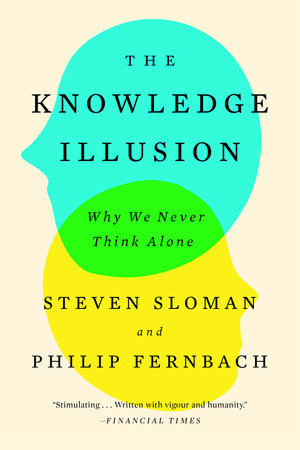

A Theory of Jerks and Other Philosophical Misadventures
By Eric Schwitzgebel
By Eric Schwitzgebel
By Eric Schwitzgebel
By Eric Schwitzgebel
Category: Philosophy | Psychology
Category: Philosophy | Humor

-
$30.00
Nov 10, 2020 | ISBN 9780262539593
-
Nov 05, 2019 | ISBN 9780262355360
YOU MAY ALSO LIKE
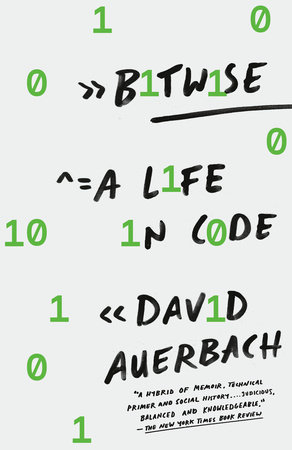
Bitwise

What Technology Wants
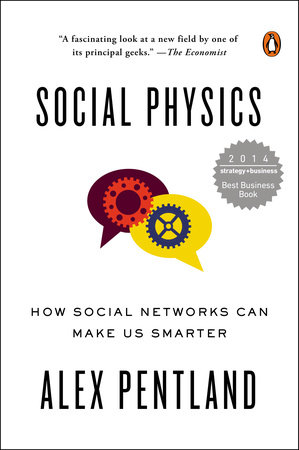
Social Physics
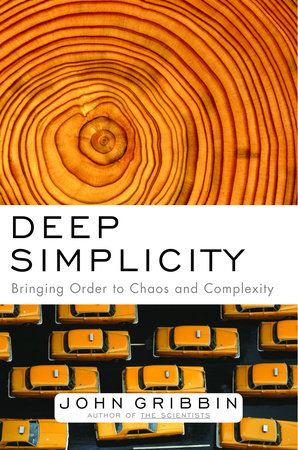
Deep Simplicity
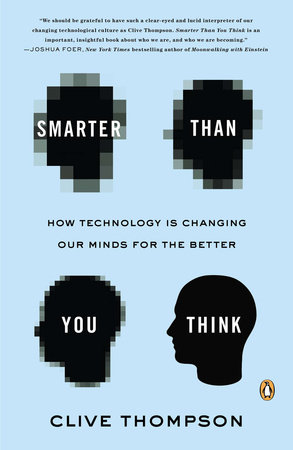
Smarter Than You Think

Radical Evolution
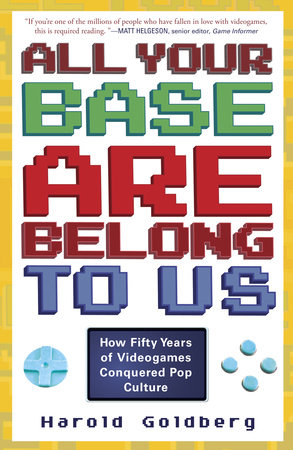
All Your Base Are Belong to Us
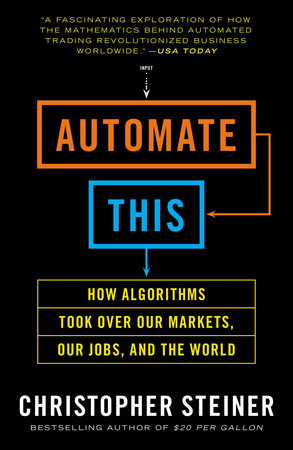
Automate This
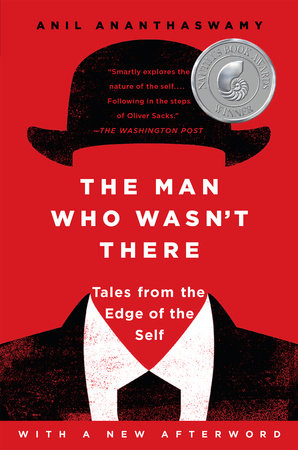
The Man Who Wasn’t There
Praise
“A lively, wide-ranging, and original collection of short essays from Eric Schwitzgebel, whose mind seems to fizz with ideas. Highly recommended.” – Nigel Warburton, author of A Little History of Philosophy
“This book isn’t really about jerks; it’s about minds in all their quirky glory. Schwitzgebel thinks hard about what it is for flawed creatures such as ourselves to live a good life, about how philosophers may or may not live up to their ideals, and about ways in which consciousness might be stretched to its limits in humans and machines. The book is full of provocative thought experiments and insightful arguments that will make you think about yourself in ways you haven’t thought before.” – David Chalmers, University Professor of Philosophy and Codirector of the Center for Mind, Brain, and Consciousness, NYU
“Consciousness, the multiverse, what it all means … This book features fifty-eight bite-sized gems from a leading philosopher. Simply put: a joy to read.” – Susan Schneider, NASA Chair, Library of Congress, and author of Artificial You: AI and the Future of Your Mind
“Eric Schwitzgebel represents an almost extinct philosophical type: a humble, humane, down-to-earth soul, with a knack for thinking out loud and clearly about pretty much anything. Curiosity abounds, as does good humor, and a measured dose of existential anxiety as Schwitzgebel wonders about everything from the nature of space, time, and consciousness, to the possibility that we are not very good at detecting our moral blind spots and our excellences at being jerks. A collection to keep nearby and savor for anyone who likes to think along with a really smart philosopher.” – Owen Flanagan, author of Consciousness Reconsidered ,/i> and The Bodhisattva’s Brain
“Schwitzgebel’s short pieces are clever and entertaining, and they fill perfectly the need for a little insight in a chaotic world. These essays should occupy any coffee table for readers wanting bursts of insights wrapped in humor and cleverness. Infuriatingly clever and joyfully observational, these writings mix a comedian’s charm with a philosopher’s wit and depth.” – Barry Lam, Associate Professor of Philosophy, Vassar College, and host, Hi-Phi Nation podcast on Slate
Table Of Contents
Part One: Jerks and Excuses
1. A Theory of Jerks
2. Forgetting as an Unwitting Confession of Your Values
3. The Happy Coincidence Defense and The-Most-You-Can-Do Sweet Spot
4. Cheeseburger Ethics (or How Often Do Ethicists Call Their Mothers?)
5. On Not Seeking Pleasure Much
6. How Much Should You Care about How You Feel in Your Dreams?
7. Imagining Yourself in Another’s Shoes vs. Extending Your Love
8. Is It Perfectly Fine to Aim for Moral Mediocrity?
9. A Theory of Hypocrisy
10. On Not Distinguishing Too Finely Among Your Motivations
11. The Mush of Normativity
12. A Moral Dunning-Kruger Effect?
13. The Moral Compass and the Liberal Ideal in Moral Education
Part Two: Cute AI and Zombie Robots
14. Should Your Driverless Car Kill You So Others May Live?
15. Cute AI and the ASIMO Problem
16. My Daughter’s Rented Eyes
17. Someday, Your Employer Will Technologically Control Your Moods
18. Cheerfully Suicidal AI Slaves
19. We Would Have Greater Moral Obligations to Conscious Robots Than to Otherwise Similar Humans
20. How Robots and Monsters Might Destroy Human Moral Systems
21. Our Possible Imminent Divinity
22. Skepticism, Godzilla, and the Artificial Computerized Many-Branching You
23. How to Accidentally Become a Zombie Robot
Part Three: Regrets and Birthday Cake
24. Dreidel: A Seemingly Foolish Game That Contains the Moral World in Miniature
25. Does It Matter If the Passover Story Is Literally True?
26. Memories of My Father
27. Flying Free of the Deathbed, with Technological Help
28. Thoughts on Conjugal Love
29. Knowing What You Love
30. The Epistemic Status of Deathbed Regrets
31. Competing Perspectives on One’s Final, Dying Thought
32. Profanity Inflation, Profanity Migration, and the Paradox of Prohibition (or I Love You, “Fuck”)
33. The Legend of the Leaning Behaviorist
34. What Happens to Democracy When the Experts Can’t Be Both Factual and Balanced?
35. On the Morality of Hypotenuse Walking
36. Birthday Cake and a Chapel
Part Four: Cosmic Freaks
37. Possible Psychology of a Matrioshka Brain
38. A Two-Seater Homunculus
39. Is the United States Literally Conscious?
40. Might You Be a Cosmic Freak?
41. Choosing to Be That Fellow Back Then: Voluntarism about Personal Identity
42. How Everything You Do Might Have Huge Cosmic Significance
43. Penelope’s Guide to Defeating Time, Space, and Causation
44. Goldfish-Pool Immortality
45. Are Garden Snails Conscious? Yes, No, or *Gong*
Part Five: Kant vs. the Philosopher of Hair
46. Truth, Dare, and Wonder
47. Trusting Your Sense of Fun
48. What’s in People’s Stream of Experience During Philosophy Talks?
49. Why Metaphysics Is Always Bizarre
50. The Philosopher of Hair
51. Obfuscatory Philosophy as Intellectual Authoritarianism and Cowardice
52. Kant on Killing Bastards, Masturbation, Organ Donation, Homosexuality, Tyrants, Wives, and Servants
53. Nazi Philosophers, World War I, and the Grand Wisdom Hypothesis
54. Against Charity in the History of Philosophy
55. Invisible Revisions
56. On Being Good at Seeming Smart
57. Blogging and Philosophical Cognition
58. Will Future Generations Find Us Morally Loathsome?
21 Books You’ve Been Meaning to Read
Just for joining you’ll get personalized recommendations on your dashboard daily and features only for members.
Find Out More Join Now Sign In










